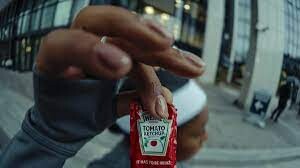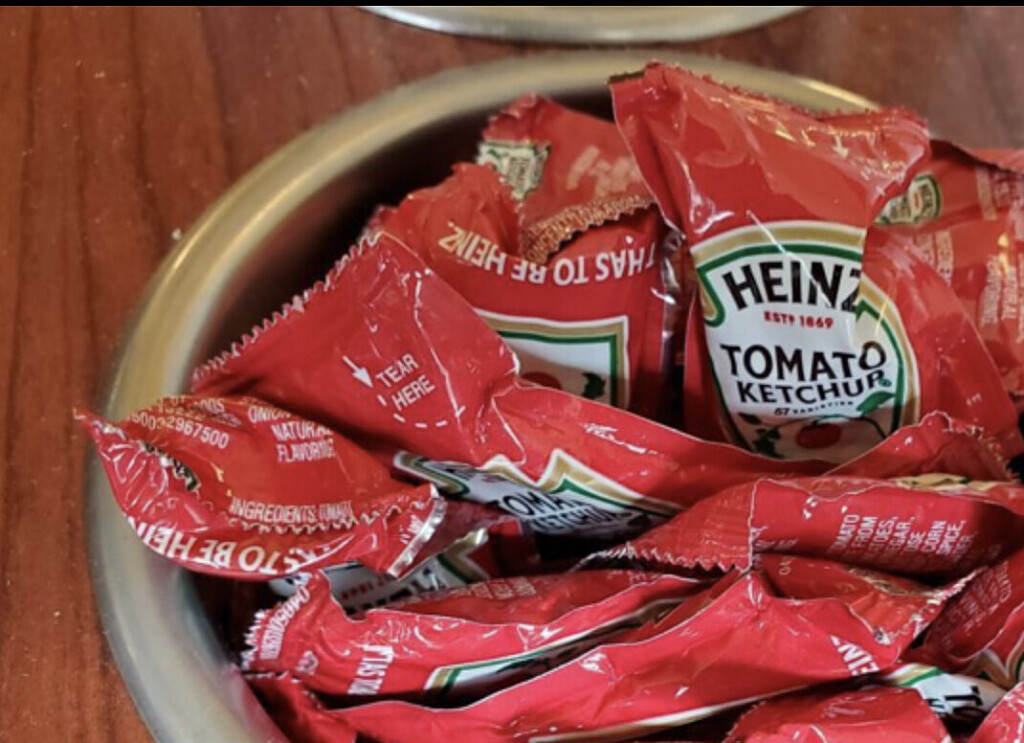Running News Daily
Running News Daily is edited by Bob Anderson. Send your news items to bob@mybestruns.com Advertising opportunities available. Train the Kenyan Way at KATA Kenya and Portugal owned and operated by Bob Anderson. Be sure to catch our movie A Long Run the movie KATA Running Camps and KATA Potato Farms - 31 now open in Kenya! https://kata.ke/
Index to Daily Posts · Sign Up For Updates · Run The World Feed
Heinz is Encouraging Runners to Start Fueling with Ketchup but is it a Bad Idea
The average marathoner would need to down over 60 packets to make it to the finish line.
We all have our favorite go-to gels and snacks to keep handy during a long run, but recently, one company has proposed turning to a different kind of packet to refuel during your runs—and you might have a drawer full of them in your kitchen.

Earlier this month, Heinz released an advertisement claiming that “Runners everywhere are using Heinz ketchup packets on their runs.” The ad announces new ketchup-themed running routes available on various running apps. The routes, shaped like the iconic bottle of the famed ketchup, will point out which restaurants in cities like Toronto, Chicago, and New York City carry packets of Heinz, just in case you need to restock during a run.
But is ketchup the best thing to power you through miles? New York-based nutritionist Amy Stephens would like to squash that idea.
“Ketchup packets are not an efficient fuel source for distance runners,” Stephens told Runner’s World. “Too much sodium and not enough carbs.” With just 10 calories and two grams of carbs per packet, Stephens notes that it would take a lot of ketchup to fuel the typical runner’s caloric needs. “Athletes need about 30 to 60 grams of carbs per hour during a long workout,” she says. “That’s 15 packets at a minimum per hour.”
But what about a marathon? The average marathon time, according to RunRepeat, is 4:32:49. That would mean the average runner would need to down at least 60 packets over the course of 26.2 to meet their nutritional needs. That’s a lot of tomato.
“I’ve used a couple [of packets] on a burger, but the thought of eating 60 for a marathon is not appealing,” Stephens said. She noted that while the packets still contain electrolytes like potassium, they don’t make up for the lack of carbohydrates.
Stephens says that while the ease of finding ketchup through running apps sounds appealing, the packets could be a gateway to other, less useful products for a run. “While Heinz promotes the ease of finding packets in fast food chains, you might stop in to grab some ketchup and end up with a burger or fries,” she said.
Additionally, the condiment could have an adverse effect on some runners.
“Ketchup can cause reflux, and many runners are particularly susceptible to GI issues,” Stephens said. “During a hard, sustained effort, the gut has a harder time digesting foods. That’s why gels and sports fuels are specifically designed to contain easily digestible sugars from glucose and fructose.” She added that she wasn’t sure how quickly the body can convert tomato puree and high fructose corn syrup into usable energy.
If you’re looking for alternatives to ketchup but still want to maintain a budget, Stephens recommends packets of honey for a quick boost of energy and, barring that, a quick handful of dates.
by Runner’s World
Login to leave a comment




